39 consider the diagram of a eukaryote and a prokaryote. according to cell theory,
Cell Theory and Chem: 2.1 Learn with flashcards, games, and more — for free. Consider the diagram of a eukaryote and a prokaryote. According to cell theory, Answer Choices A) both are single cells that carry out the functions of life. B) both are examples of primitive cells that are not capable of reproduction. C) both are examples of cells with a nucleus to direct the functions of life.
Eukaryotic cells have a nucleus enclosed within the nuclear membrane and form large and complex organisms. Protozoa, fungi, plants, and animals all have eukaryotic cells. They are classified under the kingdom Eukaryota. They can maintain different environments in a single cell that allows them to carry out various metabolic reactions.
Consider the diagram of a eukaryote and a prokaryote. according to cell theory,
The theory of how mitochondria, chloroplasts and other membrane-bound organelles in eukaryotic cell likely arose from a symbiosis between aerobic prokaryotes and host anaerobic eukaryotic ancestors. Developed by Lynn Margulis. Cell compartmentalization and its origins. Prokaryotic and eukaryotic cells. Intro to eukaryotic cells. Introduction. There are only two kinds of organisms on the Earth: eukaryotes, whose cells have a nucleus enclosed by a nuclear envelope, and prokaryotes, whose cells do not have such a nucleus [1, 2].Prokaryotic cells are typically a few micrometers in size, have simple cellular structures consisting of cytoplasm with a fibrous nucleoid, ribosomes, a plasma membrane and a cell wall. 22. According to cell theory all cells arise from pre-existing cells. The following diagram shows the cell cycle of a eukaryotic (body) cell of a diploid organism. (a) Identify the parts of the cell cycle labelled A and B. [1] Both A and B must be correctly identified for [1]. A: interphase / G1, S, G2; B: mitosis / phases of mitosis;
Consider the diagram of a eukaryote and a prokaryote. according to cell theory,. That means all cells must contain both are single cells that carry out the functions of life Consider the diagram of a eukaryote and a prokaryote. According to cell theory, Some scientists believe that prions, tiny proteins much smaller than a cell, that can replicate themselves, may be living ... 30 seconds. Q. According to the Endosymbiotic Theory, why are the ancestors to Eukaryotic cells Prokaryotes? answer choices. Prokaryotic cells evolved. Prokaryotes grew inside each other, increasing complexity. Prokaryotic cells mutated, developing advantageous traits. Defined as pre-nucleus, prokaryotes are cells that contain no membrane-based organelles, including a nucleus. Read on about the prokaryotic kingdoms. Correct answer - Consider the diagram of a eukaryote and a prokaryote. According to cell theory,
Cell Size. At 0.1–5.0 µm in diameter, prokaryotic cells are significantly smaller than eukaryotic cells, which have diameters ranging from 10–100 µm (Figure 2). The small size of prokaryotes allows ions and organic molecules that enter them to quickly spread to other parts of the cell. Similarly, any wastes produced within a prokaryotic ... Endosymbiosis. The origin of eukaryotic cells was largely a mystery until a revolutionary hypothesis was comprehensively examined in the 1960s by Lynn Margulis. The endosymbiotic theory states that eukaryotes are a product of one prokaryotic cell engulfing another, one living within another, and evolving together over time until the separate ... Answer: 3 📌📌📌 question Consider the diagram of a eukaryote and a prokaryote. According to cell theory, - the answers to e-studyassistants.com The endosymbiotic theory is the accepted mechanism for how eukaryotic cells evolved from prokaryotic cells. It involves a cooperative relationship between two cells which allow both to survive—and eventually led to the development of all life on Earth.
Correct answers: 3 question: According to the endosymbiotic theory of the origin of eukaryotic cells, how did mitochondria originate? a) when a protoeukaryote engaged in a symbiotic relationship with a protocell b) from infoldings of the plasma membrane, coupled with mutations of genes for proteins in energy-transfer reactions c) from the nuclear envelope folding outward and forming ... Revise prokaryotic and eukaryotic cells with BBC Bitesize GCSE Biology Consider the diagram of a eukaryote and a prokaryote. According to cell theory, A) both are single cells that carry out the func. tions of life. B) both are examples of primitive cells that are not capable of reproduction. C) both are examples of cells with a nucleus to direct the functions of life. Q. Consider the diagram of a eukaryote and a prokaryote. According to cell theory, answer choices . both are single cells that carry out the functions of life. both are examples of primitive cells that are not capable of reproduction. both are examples of cells with a nucleus to direct the functions of life. ...
Eukaryotic cells are more complex than prokaryotes, and the DNA is linear and found within a nucleus. Eukaryotic cells boast their own personal "power plants", called mitochondria . These tiny organelles in the cell not only produce chemical energy, but also hold the key to understanding the evolution of the eukaryotic cell.

Prokaryotic Eukaryotic Cells Powerpoint Packet And Characteristics Of Organisms Powerpoint Packet Diagram Quizlet
Prokaryotes were around for a long, long time before eukaryotic cells appeared around 1.8 billion years ago. This has led us to think that the ancestor of all eukaryotic cells was a prokaryote. But to get from a prokaryote to a eukaryote, the cell needed to become a lot more complicated.
Consider the diagram of a eukaryote and a prokaryote. According to cell theory, A) both are single cells that carry out the functions of life. B) both are examples of primitive cells that are not capable of reproduction. C) both are examples of cells with a nucleus to direct the functions of life.
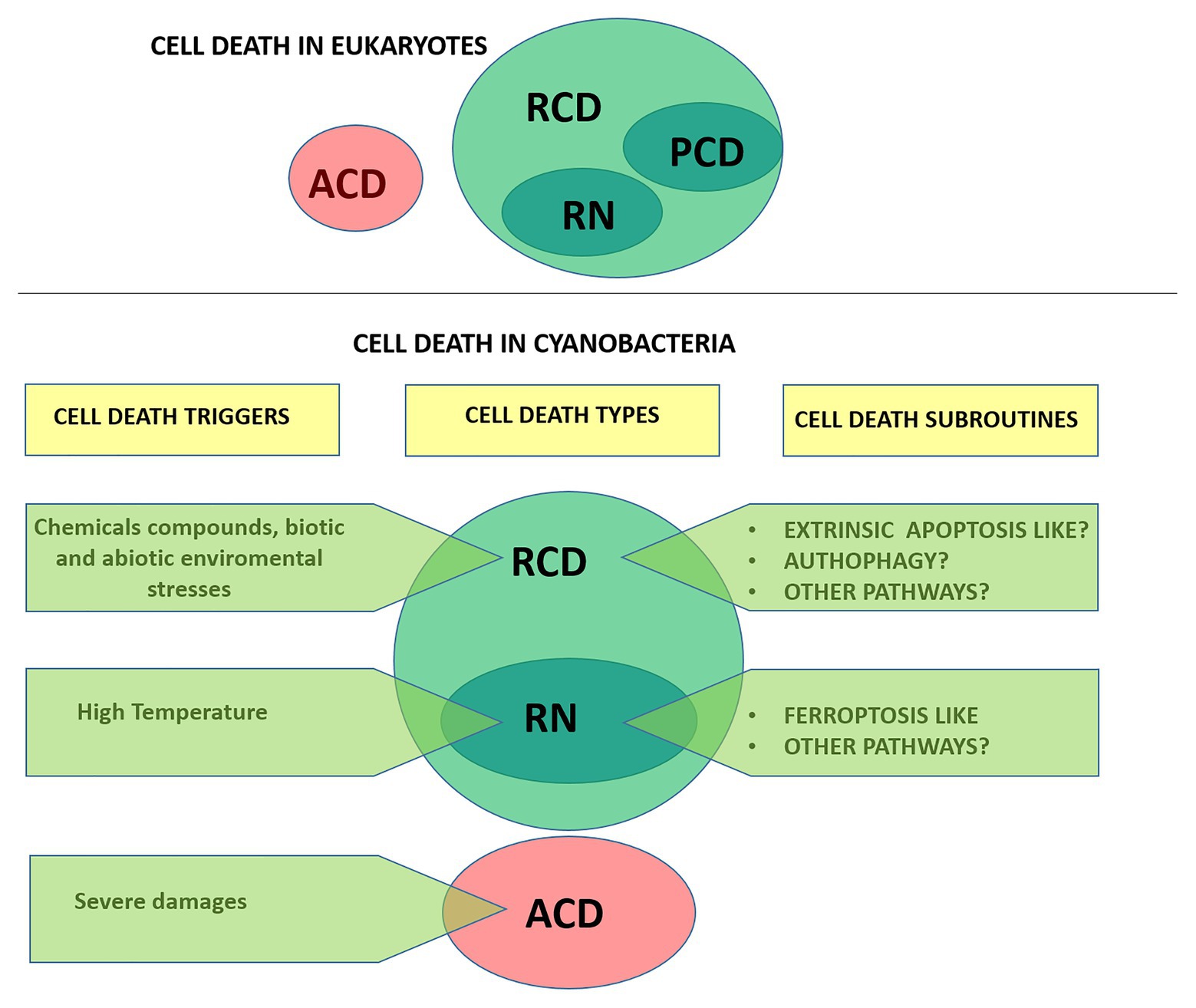
Frontiers Cell Death In Cyanobacteria Current Understanding And Recommendations For A Consensus On Its Nomenclature Microbiology
Correct answer - Consider the diagram of a eukaryote and a prokaryote. According to the cell theory
Consider the diagram of a eukaryote and a prokaryote. According to cell theory, A) both are single cells that carry out the functions of life. B) both are examples of primitive cells that are not capable of reproduction. C) both are examples of cells with a nucleus to direct the functions of life.

Consider The Diagram Of A Eukaryote And A Prokaryote According To Cell Theory A Both Are Single Brainly Com
Getty/Stocktrek Images. As life on Earth started to undergo evolution and become more complex, the simpler type of cell called a prokaryote underwent several changes over a long period of time to become eukaryotic cells. Eukaryotes are more complex and have many more parts than prokaryotes. It took several mutations and surviving natural selection for eukaryotes to evolve and become prevalent.
A prokaryotic cell is a simple, single-celled (unicellular) organism that lacks a nucleus, or any other membrane-bound organelle. We will shortly come to see that this is significantly different in eukaryotes. Prokaryotic DNA is found in the central part of the cell: a darkened region called the nucleoid (Figure 1).
Prokaryotes and Eukaryotes Venn Diagram Prokaryotes Both Prokaryotes Eukaryotes and Eukaryotes *No Nucleus *Cells have a nucleus *Small and simple *Cells have organelles ... *All cells have cell walls *Have a cell membrane *Includes everything *Were the first cells *Some have flagella that's not bacteria *Live a wide variety of ...
According to the autogenous model, the eukaryotes arose directly from a single prokaryote ancestor by compartmentalization of functions brought about by infoldings of the prokaryote plasma membrane. This model is usually accepted for the endoplasmic reticulum, golgi, and the nuclear membrane, and of organelles enclosed by a single membrane ...
Consider the diagram of a eukaryote and a prokaryote. According to cell theory, A) both are single cells that carry out the functions of life. B) both are examples of primitive cells that are not capable of reproduction. C) both are examples of cells with a nucleus to direct the functions of life. D) only the eukaryote has true cell structure to carry out the functions of life.
👍 Correct answer to the question Consider the diagram of a eukaryote and a prokaryote. according to cell theory, - ehomework-helper.com
Universal features of cells. Characteristics of prokaryotic cells. Surface area-to-volume ratio.
A prokaryotic cell is a simple, single-celled (unicellular) organism that lacks a nucleus, or any other membrane-bound organelle. We will shortly come to see that this is significantly different in eukaryotes. Prokaryotic DNA is found in the central part of the cell: a darkened region called the nucleoid (Figure 1).
7 Oct 2018 — According to cell theory, A) both are single cells that carry out the functions of life. B) both are examples of primitive cells that are not ...2 answers · 3 votes: Hello there!The answer is A. both are single cells that carry out the functions of life. Reason: ...
Thus, the origin of the eukaryotic cell is considered one of the most critical evolutionary events in the history of life on Earth. Had it not occurred sometime between 1.6 and 2 billion years ago, our planet would be a far different place, populated entirely by prokaryotes, single-celled organisms such as bacteria and archaea.
All unicellular organisms (single cell) including bacteria and archae, which are composed of a single cell, are examples of prokaryotic cells. All multicellular organisms (many or more than one cell) including humans, which are composed of complex or many cells, are examples of eukaryotic cells.
Eukaryotic cells, which basically include every cell type except bacteria, are characterized by internal organelles surrounded by a membrane, which helps to increase their organization and efficiency. In contrast to prokaryotes, in eukaryotes the chromosomes are made of distinct lengths of DNA and are stored within a nuclear membrane.
Click here to get an answer to your question ✍️ Consider the diagram of a eukaryote and a prokaryote. According to cell theory,1 answer · Top answer: Correct option is A) both are single cells that carry out the functions of life.
Q. Consider the diagram of a eukaryote and a prokaryote. According to cell theory, answer choices. both are single cells that carry out the functions of life. both are examples of primitive cells that are not capable of reproduction. both are examples of cells with a nucleus to direct the functions of life.

Which Of The Following Isn T Evidence That Supports The Endosymbiont Theory Mitochondria And Chloroplast Have Exterior Structures Similar To Bacterial Cell Walls The Gene Expression Processes In These Organelles Are
300 seconds. Q. Consider the diagram of a eukaryote and a prokaryote. According to cell theory, answer choices. both are examples of primitive cells that are not capable of reproduction. both are examples of cells with a nucleus to direct the functions of life. both are single cells that carry out the functions of life.
Symbiogenesis, endosymbiotic theory, or serial endosymbiotic theory, is the leading evolutionary theory of the origin of eukaryotic cells from prokaryotic organisms. The theory holds that mitochondria, plastids such as chloroplasts, and possibly other organelles of eukaryotic cells are descended from formerly free-living prokaryotes (more closely related to bacteria than archaea) taken one ...
A prokaryote is a typically unicellular organism that lacks a nuclear membrane-enclosed nucleus. The word prokaryote comes from the Greek πρό (pro, 'before') and κάρυον (karyon, 'nut' or 'kernel'). In the two-empire system arising from the work of Édouard Chatton, prokaryotes were classified within the empire Prokaryota. But in the three-domain system, based upon molecular analysis ...
🔴 Answer: 3 🔴 on a question consider the diagram of a eukaryote and a prokaryote. according to cell theory, - the answers to answer-helper.com
Consider the diagram of a eukaryote and a prokaryote. according to cell theory, a) both are single cells that carry out the functions of life. b) both are examples of primitive cells that are not capable of reproduction. c) both are examples of cells with a nucleus to direct the functions of ...

Cell Theory Standards And Expectations Compare And Contrast The Functions And Organization Of Prokaryotic And Eukaryotic Cells Part 1 Describe The Role Ppt Download
Prokaryotes - simple, single-cells, yet remarkably successful organisms. Here's an overview of the structures and functions of prokaryotic cells.
Common to all cells (prokaryotes and eukaryotes), the ribosome varies according to the organisms: 80S ribosome in eukaryotes and 70S ribosome in prokaryotes and cellular organelles (mitochondria, chloroplast). in the matrix or stroma) while in the cytoplasm of the eukaryotic cell, this machinery consists of 80S ribosomes, sometimes fixed on the ...
During the 1950s, scientists postulated the concept of prokaryotic cell and eukaryotic cell, with earlier groundwork being laid by Edouard Chatton, a French Biologist in 1925. Anatomically, cells vary with respect to their classification, therefore, prokaryotic cells and eukaryotic cells differ from each other quite drastically.

Life Free Full Text Primal Eukaryogenesis On The Communal Nature Of Precellular States Ancestral To Modern Life Html
Consider the diagram of a eukaryote and a prokaryote.... - en.ya.guru . Log in. I don't have account, sign up. Sign up. I already have an account, log in. Search. Log in Sign up. Published in category Biology, 09.10.2020 >> Consider the diagram of a eukaryote and a prokaryote.
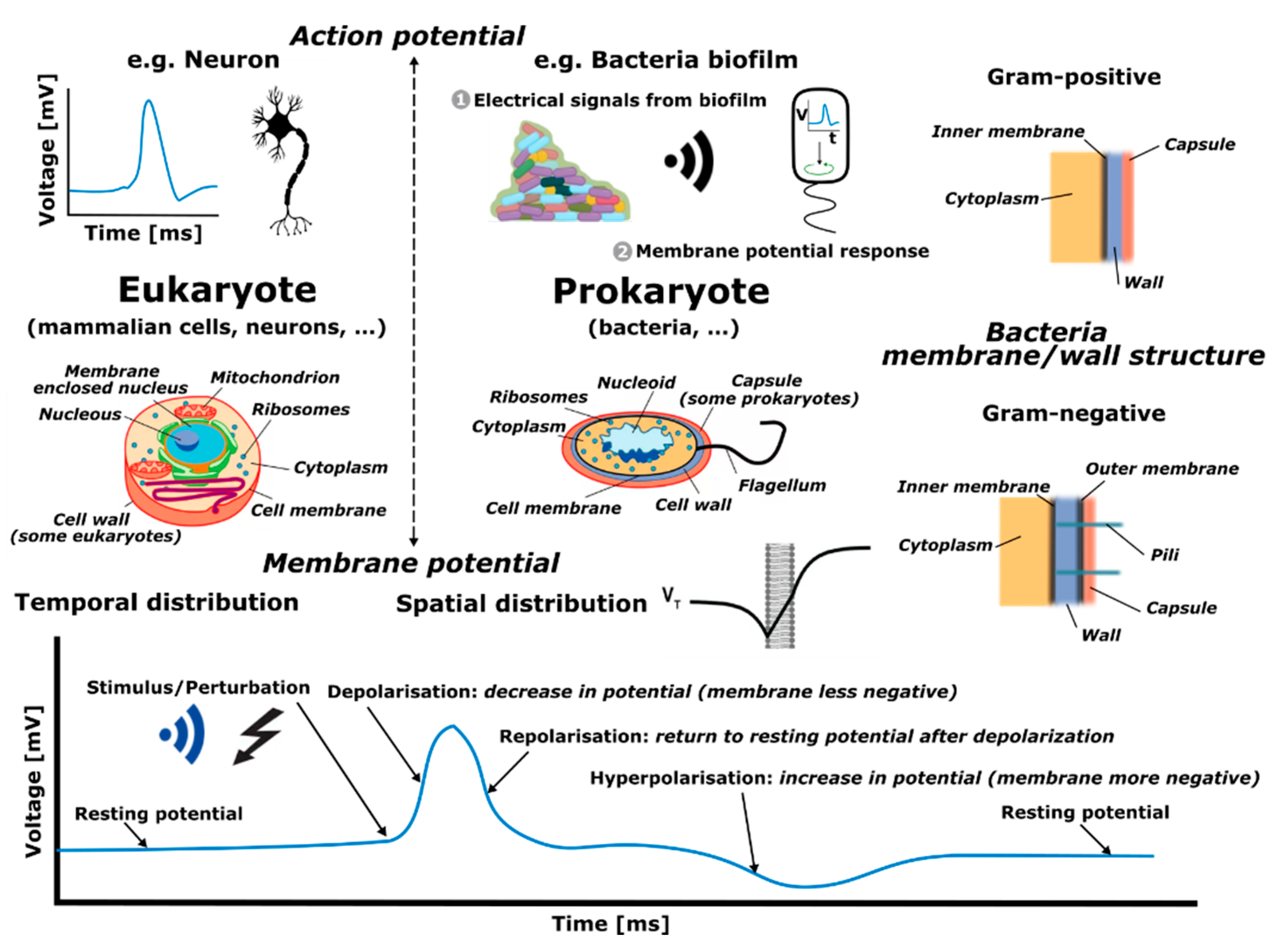
Sensors Free Full Text On The Wireless Microwave Sensing Of Bacterial Membrane Potential In Microfluidic Actuated Platforms Html
22. According to cell theory all cells arise from pre-existing cells. The following diagram shows the cell cycle of a eukaryotic (body) cell of a diploid organism. (a) Identify the parts of the cell cycle labelled A and B. [1] Both A and B must be correctly identified for [1]. A: interphase / G1, S, G2; B: mitosis / phases of mitosis;
Introduction. There are only two kinds of organisms on the Earth: eukaryotes, whose cells have a nucleus enclosed by a nuclear envelope, and prokaryotes, whose cells do not have such a nucleus [1, 2].Prokaryotic cells are typically a few micrometers in size, have simple cellular structures consisting of cytoplasm with a fibrous nucleoid, ribosomes, a plasma membrane and a cell wall.
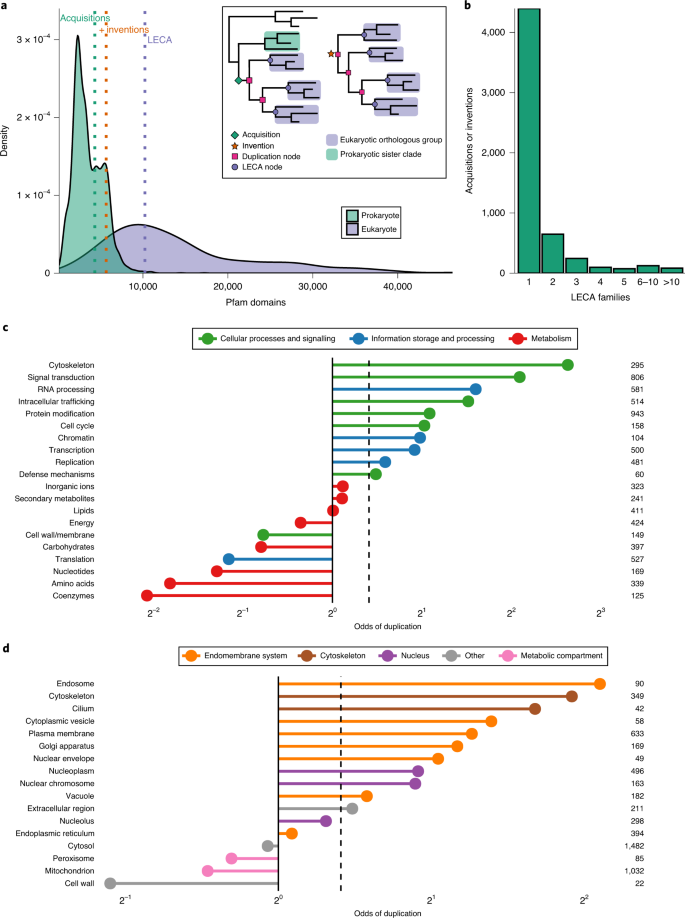
Timing The Origin Of Eukaryotic Cellular Complexity With Ancient Duplications Nature Ecology Evolution
The theory of how mitochondria, chloroplasts and other membrane-bound organelles in eukaryotic cell likely arose from a symbiosis between aerobic prokaryotes and host anaerobic eukaryotic ancestors. Developed by Lynn Margulis. Cell compartmentalization and its origins. Prokaryotic and eukaryotic cells. Intro to eukaryotic cells.
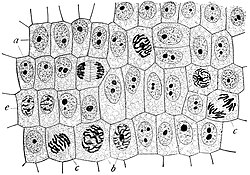
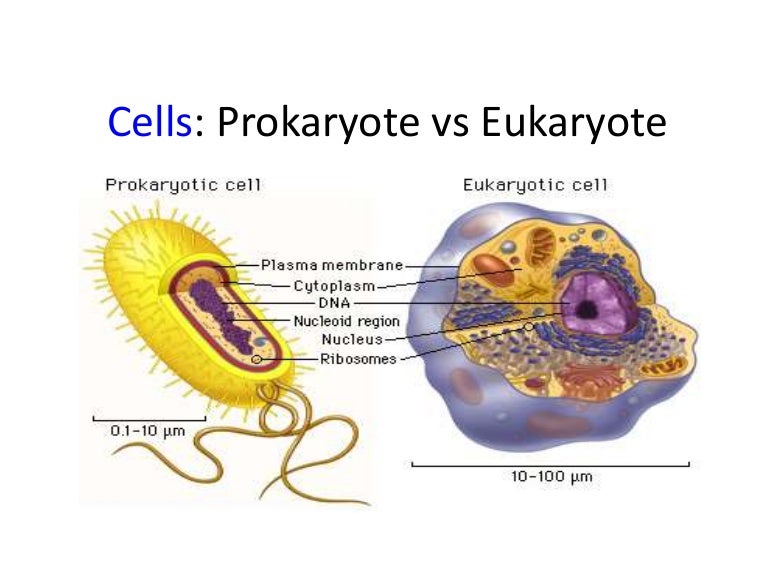
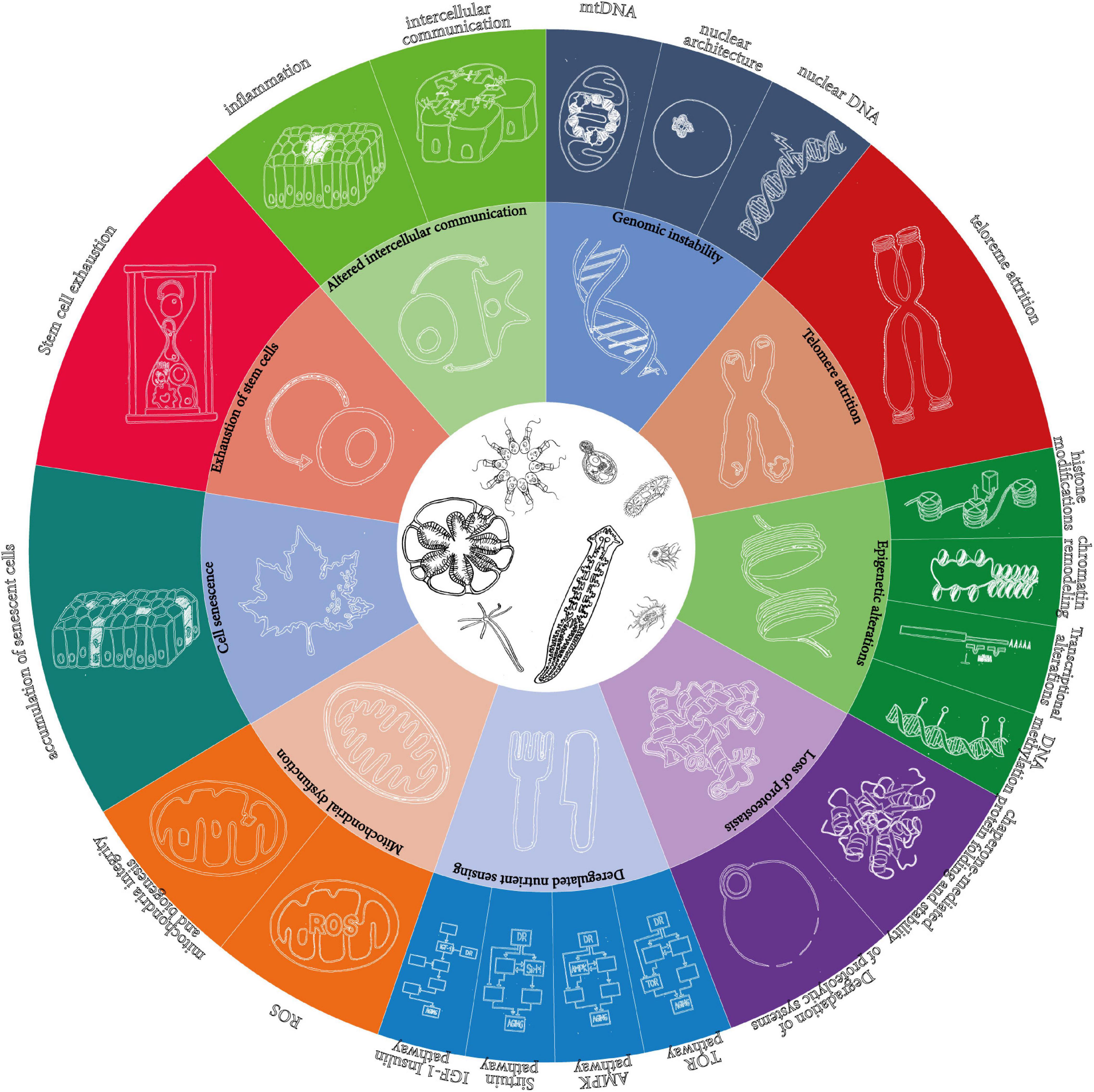
:max_bytes(150000):strip_icc()/Prokaryotic-and-Eukaryotic-cells-58f679525f9b581d593bbaed.jpg)
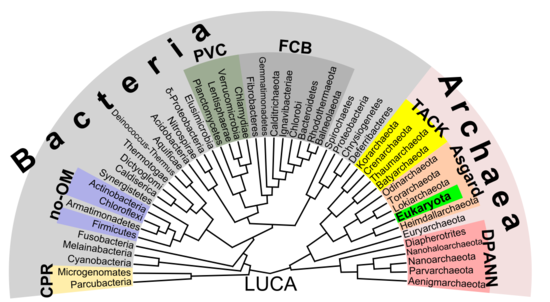


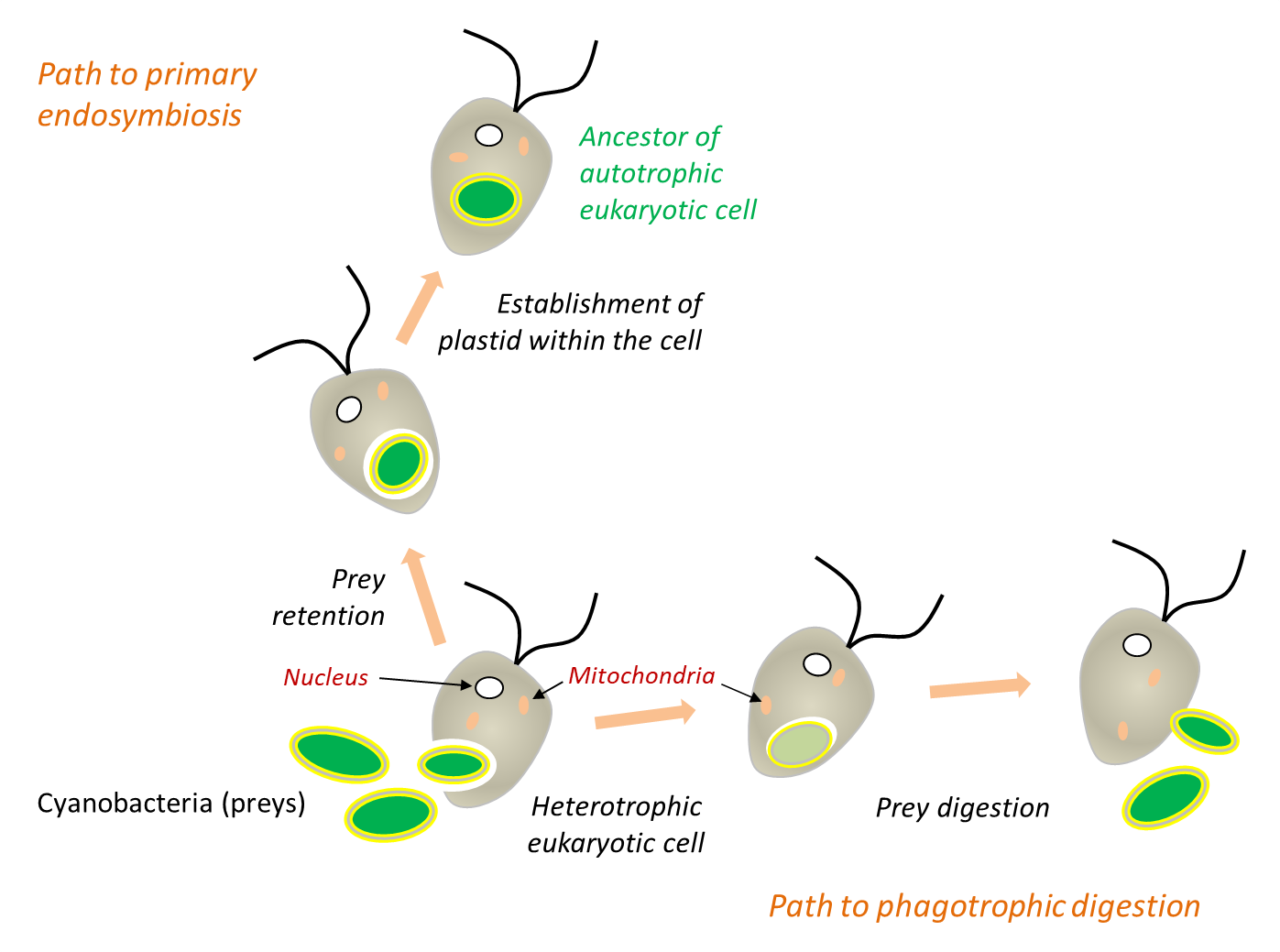


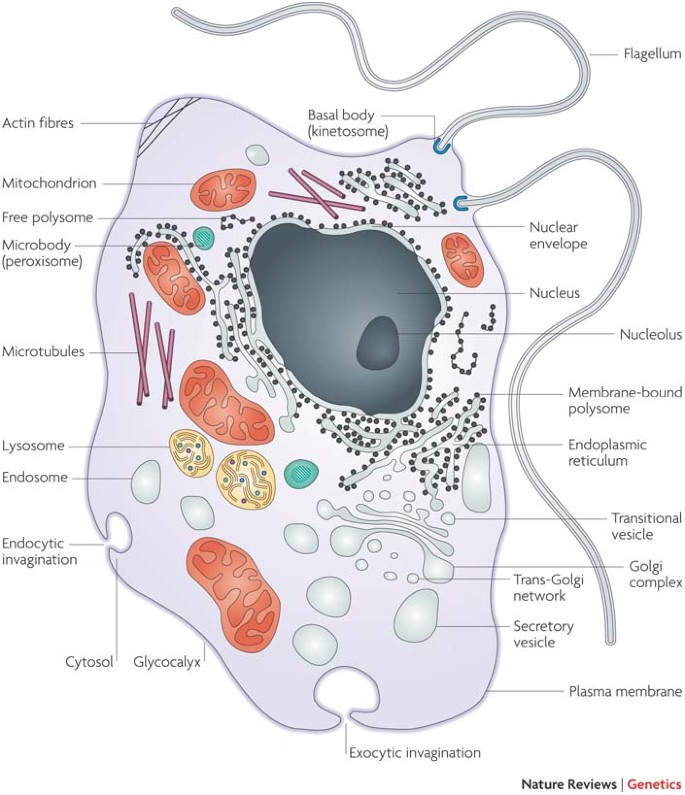



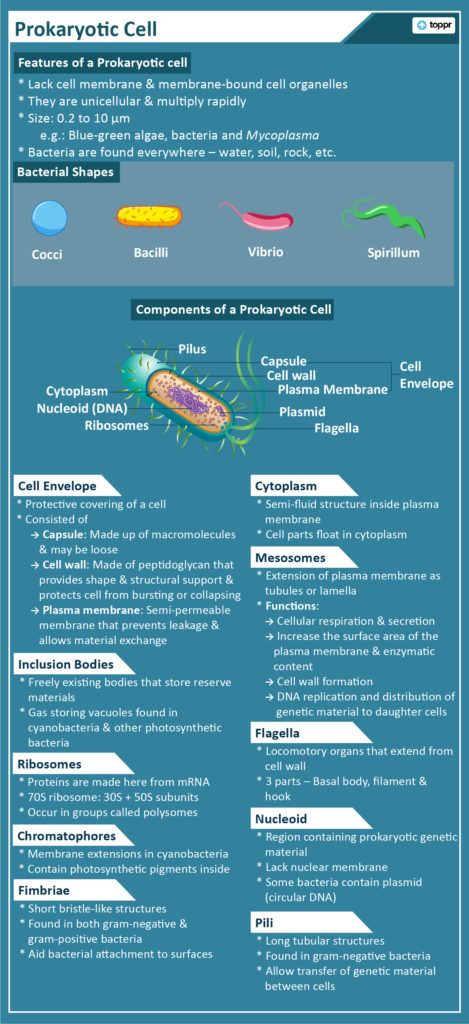
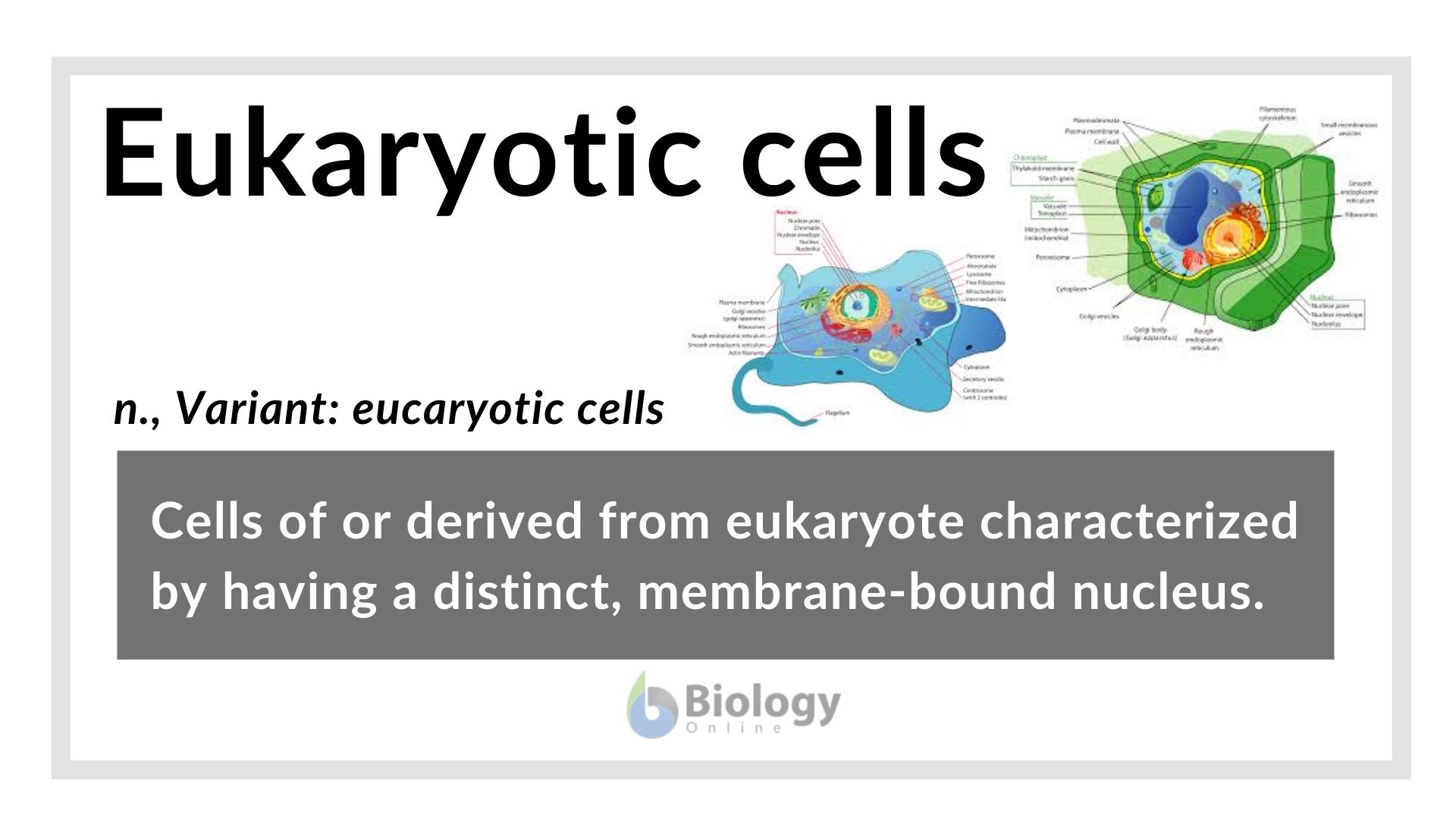
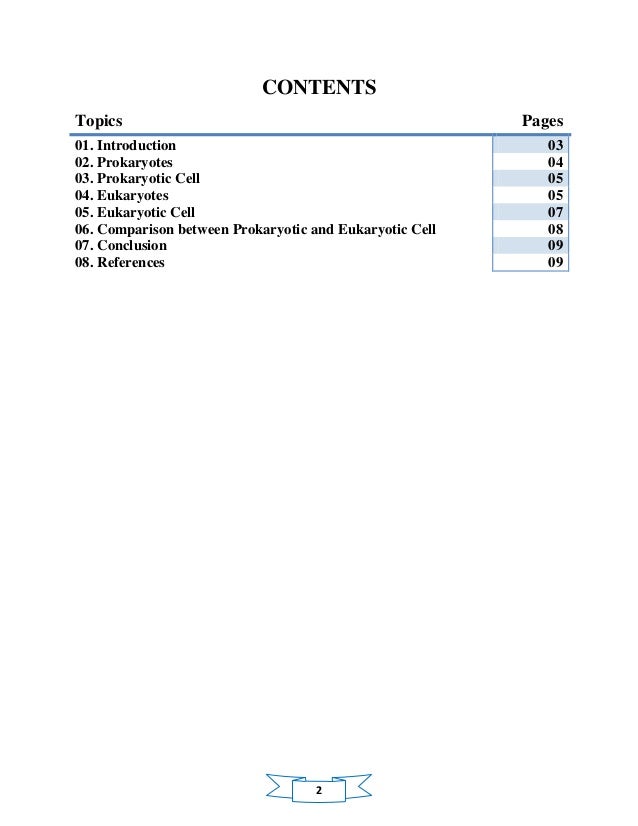

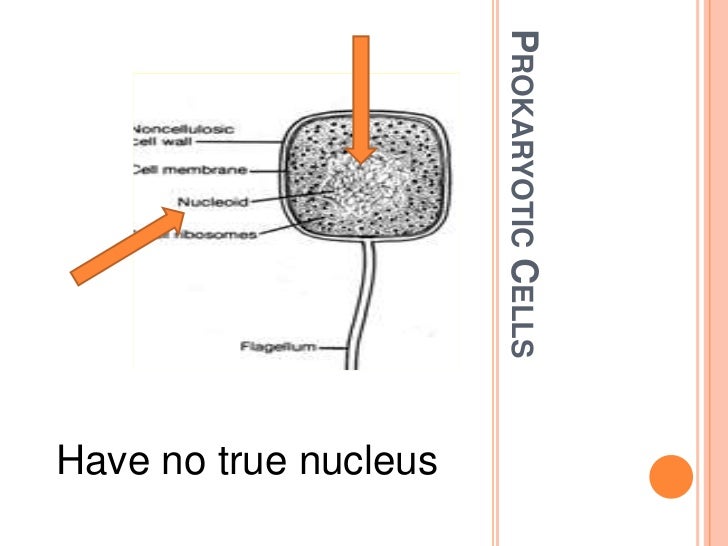


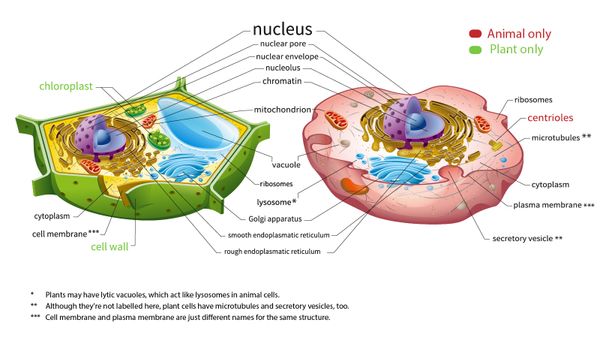

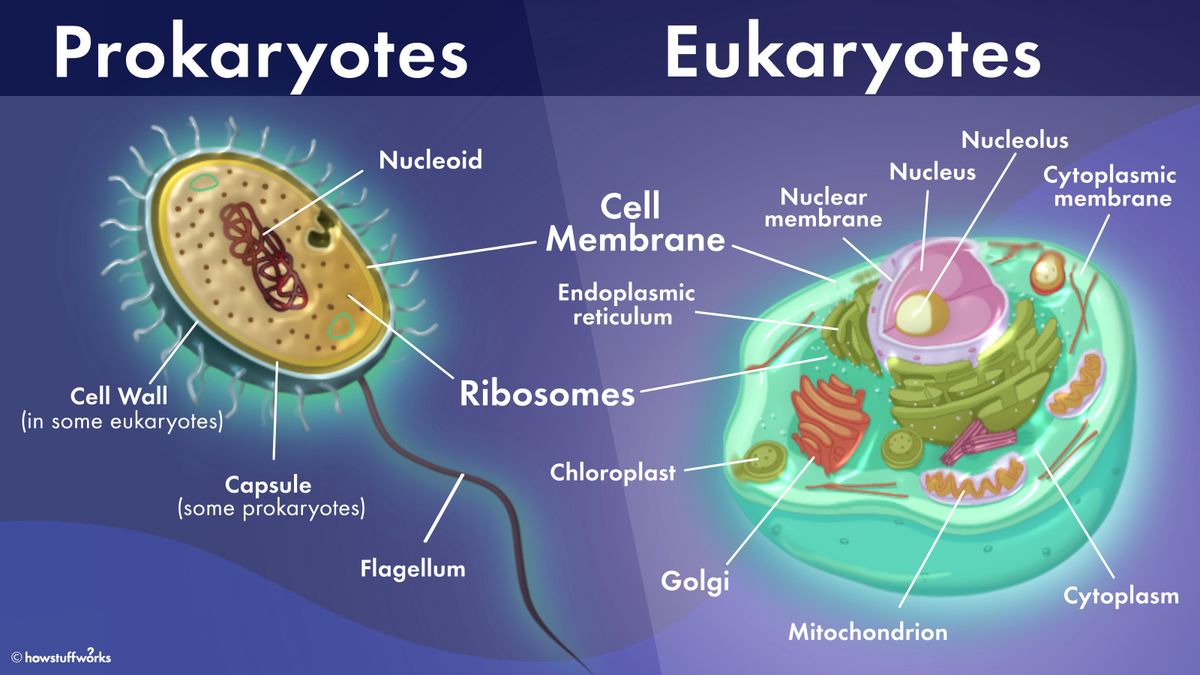
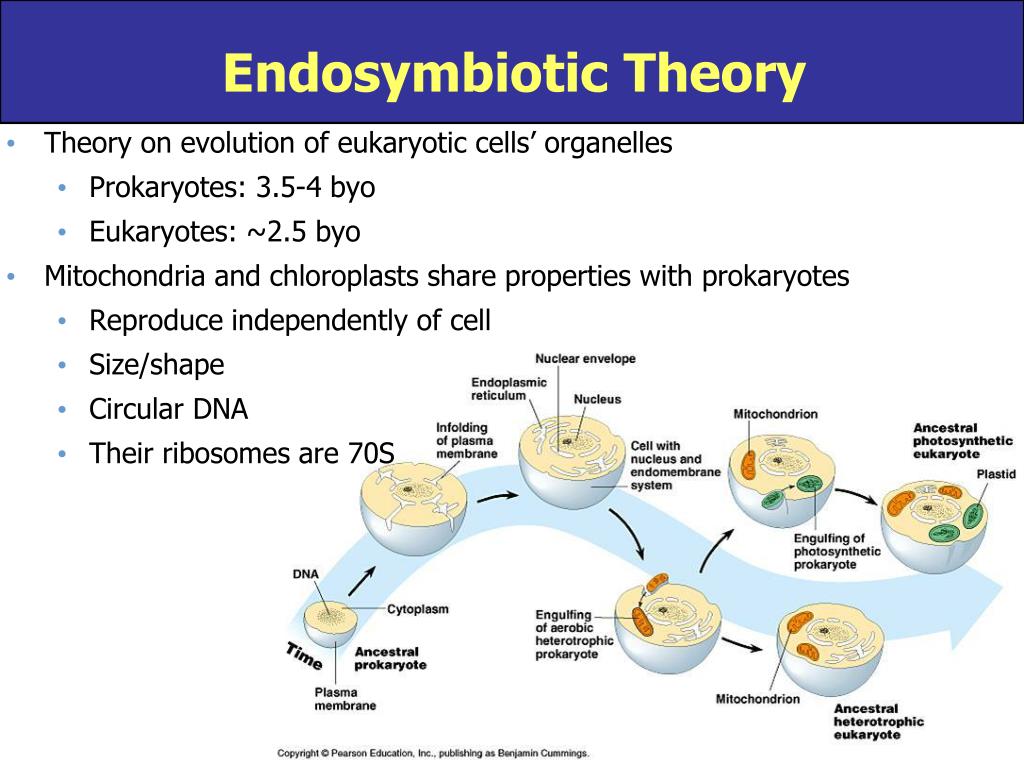


0 Response to "39 consider the diagram of a eukaryote and a prokaryote. according to cell theory,"
Post a Comment